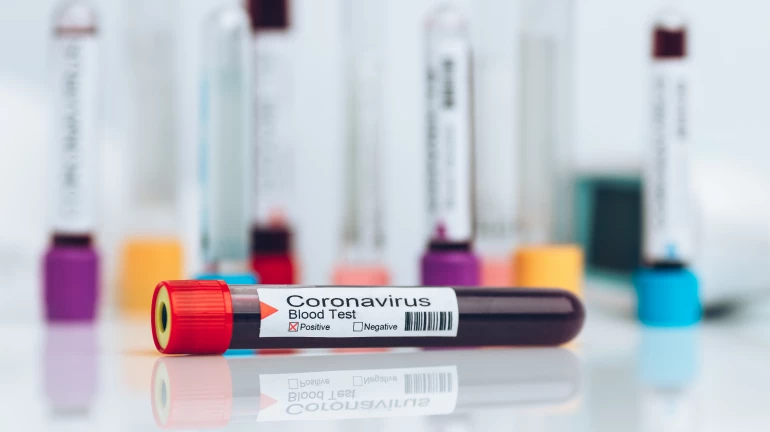
The Brihanmumbai Municipal Corporation (BMC) recently initiated a sero-surveillance program for the residents of Mumbai to determine the level of antibodies among the population. The civic body has now announced that it has completed the first phase of the COVID-19 serosurvey that covered 10,000 residents of the city as of 22 July.
BMC’s serological surveillance was conducted in accordance with NITI Aayog, Tata Institute of Fundamental Research (TIFR), as well as institutions based in BMC’s R North (Dahisar), F North, and M West wards.
The results of the serosurvey aren’t available as of yet, though the BMC is expected to make it available over the coming days. The Delhi Government conducted a sero-surveillance of its own, revealing that 22.86 per cent of its residents had developed antibodies for COVID-19. Knowing the results of BMC’s survey will give citizens an idea of how immune the population is to the virus.
Also Read - BMC And ICMR To Ramp Up Serosurveys Among Residents To Detect Antibodies
Civic body authorities mentioned that samples for the serosurvey were taken from both slum and non-slum locations in the city, and there will be another survey conducted in August to compare the figures and get a clearer picture of how the city is faring.
Additional Municipal Commissioner of the BMC, Suresh Kakani said - “The first phase is complete, but to conclude the results of the survey we will wait till the second phase samples are collected.”
Several countries around the world have conducted serological surveys among their citizens to determine COVID-19 antibodies among the population. The notion of herd immunity stems from the fact that if enough people have COVID-19 antibodies in their system, the virus can lose its effectiveness.
This has been pitched in countries like Sweden, though the country is now experiencing one of the worst COVID-19 death rates in the world, partially because the country did not enforce a lockdown, nor did it mandate the wearing of masks for the population.
Sweden was considered a model for how to handle COVID-19 during the initial outbreak, although scientists and experts now say that this is a prime example of how not to handle a pandemic. The reported data from Sweden’s serosurveys revealed that less than 10 per cent of the population had generated antibodies.
Also read - Survey Finds Evidence Of Mumbaikars’ Immune System Containing COVID-19 Fighting Antibodies





